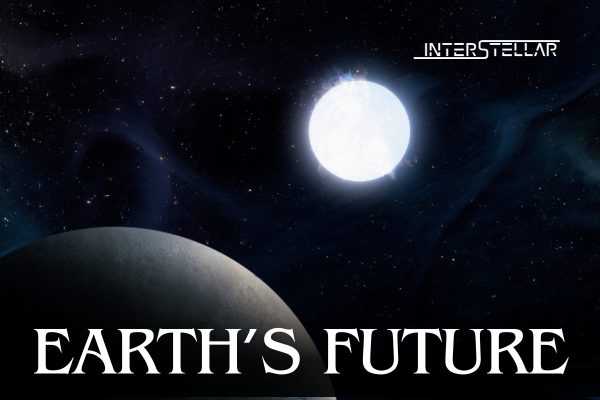Rocky Planet Survives the Death of Its Star, Offering a Glimpse into Earth’s Future
The first rocky planet ever discovered orbiting a white dwarf provides insight into what could happen to Earth in billions of years. The discovery shows that planets might survive the death of their stars, though they would become cold and barren places.

Planet Orbiting a White Dwarf
The planet, located around 4,200 light-years from Earth, has a mass about 1.9 times greater than Earth. It orbits a white dwarf in the centre of the Milky Way galaxy. A white dwarf is what remains after a star, similar to the Sun, reaches the end of its life. This planet’s discovery is significant because it’s the first rocky planet found orbiting such a star, offering clues about Earth’s potential future.
A white dwarf forms when a star, originally one to two times the mass of the Sun, burns out. This specific white dwarf now has half the Sun’s mass. Stars smaller than eight times the mass of the Sun typically end their lives as white dwarfs, the most common type of stellar remnant.
Possible Survival for Earth?
Before its star’s death, the planet likely orbited in the habitable zone. This zone is where liquid water could exist, meaning the planet might have supported life. However, after the star’s transformation, the planet now orbits at more than twice the original distance and is extremely cold.
Keming Zhang, the study’s lead author, noted that the planet is currently freezing, as the white dwarf is much dimmer than the star it once was. This change happened after the star expanded during its red giant phase. When the Sun dies in a similar process, it will expand into a red giant before shrinking into a white dwarf. Astronomers are still debating whether Earth will survive the Sun’s red giant phase. However, this newly discovered planet suggests that Earth might have a better chance than previously thought.
Future Life Beyond Earth
While Venus will likely be destroyed during the Sun’s expansion, Mars is expected to survive. The new data indicate that Earth may avoid destruction as well. However, life as we know it will not survive on Earth for more than a billion years, as the planet will become too hot for water to exist.
Zhang explained that, as the Sun ages, the habitable zone will move further away. This suggests that life could potentially survive on the moons of outer planets like Jupiter and Saturn. In the distant future, these moons could provide a new home for humankind.


